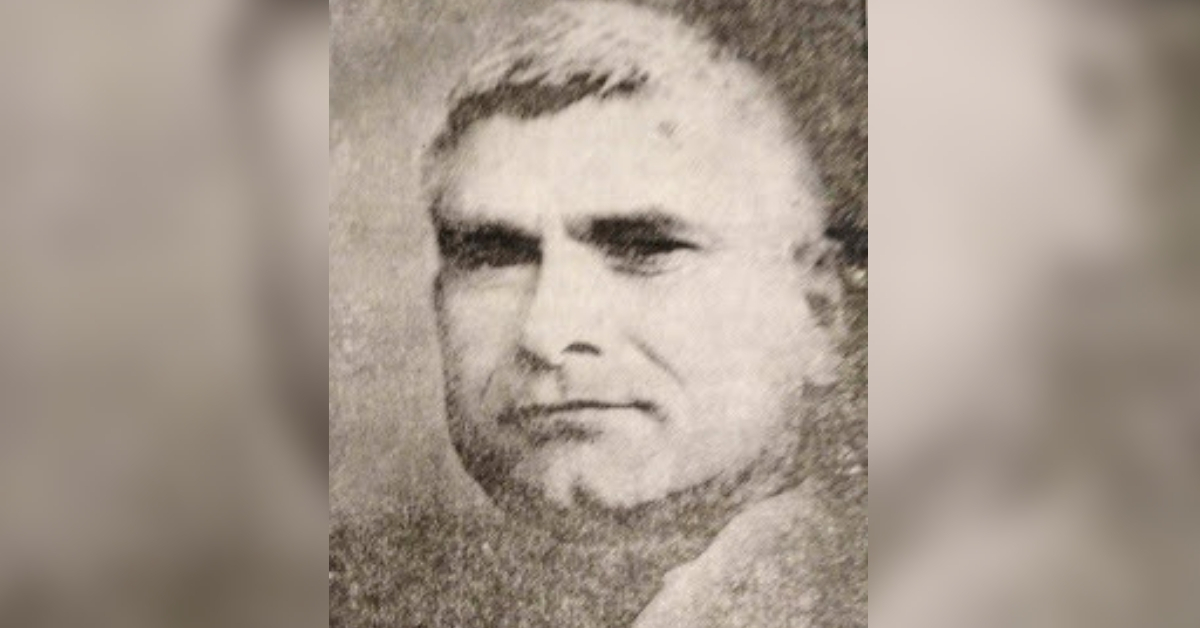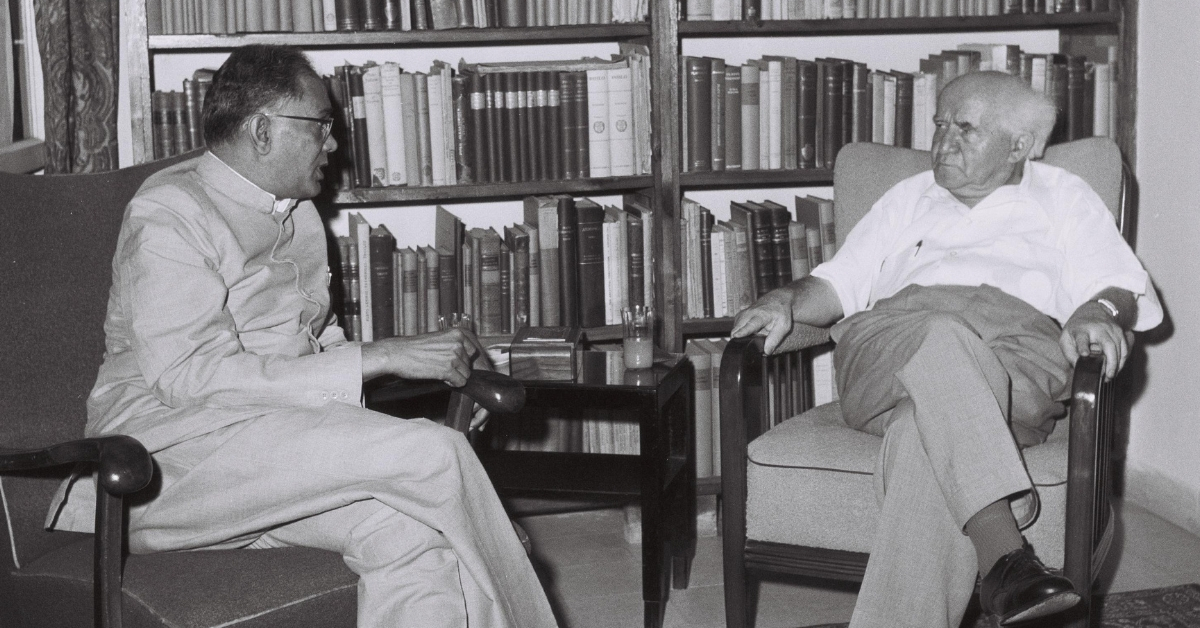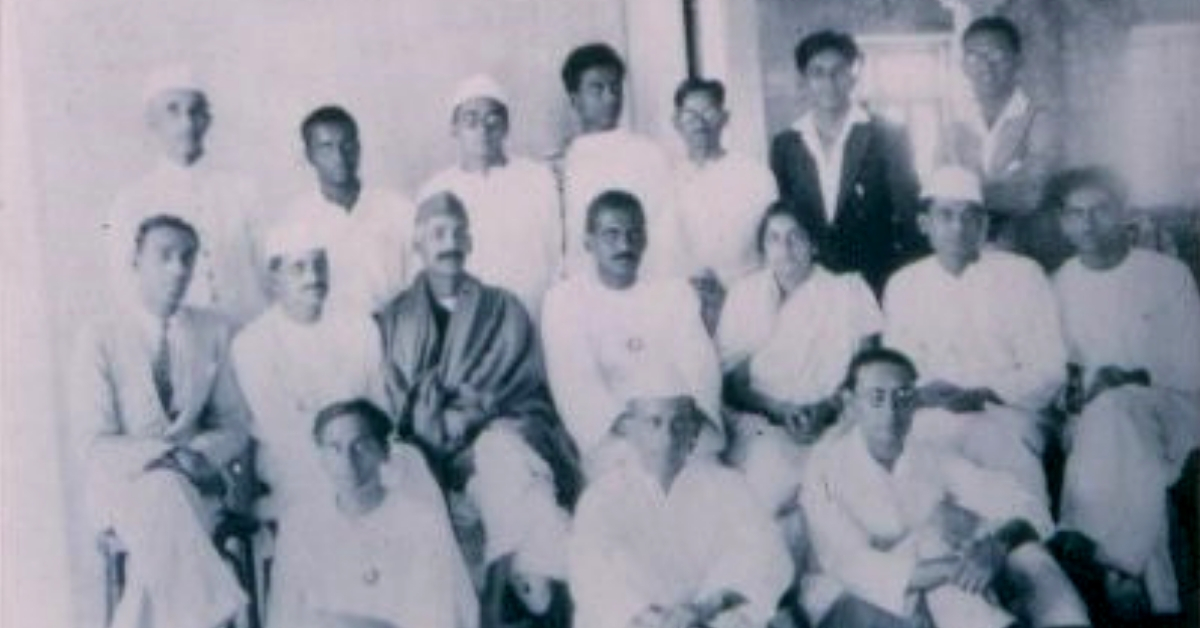Untold Story of the Freedom Fighter Who Carried a Sick Jayaprakash Narayan to Safety
"They had no contact with anyone outside. No one would be there to help them when they would jump from the high jail ramparts. But they simply had to take the chance. "

In late 1929, Jayaprakash Narayan, who was also known as JP, had returned to India from the USA. He was a man of communist values and on the Gandhian way to free India from the clutches of British rule.
Today you may know JP as the man who fiercely fought to defend the true meaning of democracy—that of placing power with the people. He was regarded as thousands of youngsters in his era as a true icon, and one of them is the current Vice President of India, M Venkaiah Naidu.
JP’s association with Indian politics began with the freedom struggle. As soon as he returned from the USA, he joined the Indian National Congress and was mentored by Mahatma Gandhi. His active participation in the Quit India movement had landed him in jail in 1936. He was arrested for protesting against the recruitment of Indian soldiers for the British army in World War II.
In 1941, owing to a long hunger strike that JP had undertaken, the authorities transferred him to the Hazaribagh Central jail in Bihar.
Here, he was imprisoned with Suraj Narayan Singh, Gulab Chand Gupta, Ramnandan Mishra, Shaligram Singh and Yogendra Shukla.

When Gandhi started the Quit India Movement, these political prisoners decided that they could not stay in any longer. So, on an auspicious Diwali night, they planned their escape. Sandip Das writes, “They had no contact with anyone outside. No one would be there to help them when they would jump from the high jail ramparts. But they simply had to take the chance. The plan worked, but with one chance mistake. The bundle of their shoes, chappals etc. was left behind in the inevitable hurry.”
That wasn’t all for JP—who was already ill and not in the prime of his health. Although he was able to jump the high wall, there was no way he could have run to safety for the entire distance. Here, Yogendra Shukla took JP on his shoulders and walked 124 km to the city of Gaya, Bihar.
Who was this man who saved JP from getting caught by the British after his dramatic escape?
A freedom fighter from Bihar, Yogendra Shukla had always been a rebel. Shukla had trained Bhagat Singh and Batukeshwar Dutt—the revolutionaries who had thrown a bomb in the Central Legislative Assembly in 1929.
As the smoke from the harmless bomb filled up the Assembly, Dutt and Singh raised the slogans of “Inquilab Zindabad” showing the British that foreign rule would no longer be tolerated.

Shukla, like his mentees, had also been imprisoned several times, and since he was among the founding members of Hindustan Socialist Republican Association (HSRA) and the Congress Socialist Party from Bihar, he had been blacklisted by the British authorities.
In fact, throughout his life, he was imprisoned for a total of sixteen and a half years! He had spent one-fourth of his life getting tortured in several British jails—including the Cellular Jail (Kala Pani) in the Andamans in 1932.
He went on a hunger strike for 46 days straight at Kalapani, as a result of which, like JP, Shukla was transferred to the Hazaribagh Central Jail but was released in 1938.
After the release, JP had insisted that Shukla join the Congress Socialist Party along with him and he obliged.

In 1940, Shukla was imprisoned once again and sent to the Hazaribagh jail as a result of his activities against the British.
This is the same jail that he, JP and four other political prisoners managed to escape from, in the dramatic fashion, mentioned earlier in this article.
Shukla never quit his revolutionary ways. He was active within the Congress Socialist Party and tirelessly worked to free political prisoners from jails.
You may also like: The College Girl Who Ran a Secret Radio Station To Fuel India’s Freedom Struggle
Even though the frequent imprisonment had taken a serious toll on his body and overall health, Shukla lived to breathe in independent India and passed away on 19 November 1960.
We have forgotten so many people who fought for India’s independence, and Yogendra Shukla, who despite having mentored and worked alongside some of the bravest freedom fighters, died an unsung hero, is one of them.
(Edited by Gayatri Mishra)
Like this story? Or have something to share?
Write to us: [email protected]
Connect with us on Facebook and Twitter.
If you found our stories insightful, informative, or even just enjoyable, we invite you to consider making a voluntary payment to support the work we do at The Better India. Your contribution helps us continue producing quality content that educates, inspires, and drives positive change.
Choose one of the payment options below for your contribution-
By paying for the stories you value, you directly contribute to sustaining our efforts focused on making a difference in the world. Together, let’s ensure that impactful stories continue to be told and shared, enriching lives and communities alike.
Thank you for your support. Here are some frequently asked questions you might find helpful to know why you are contributing?


This story made me
-
97
-
121
-
89
-
167













